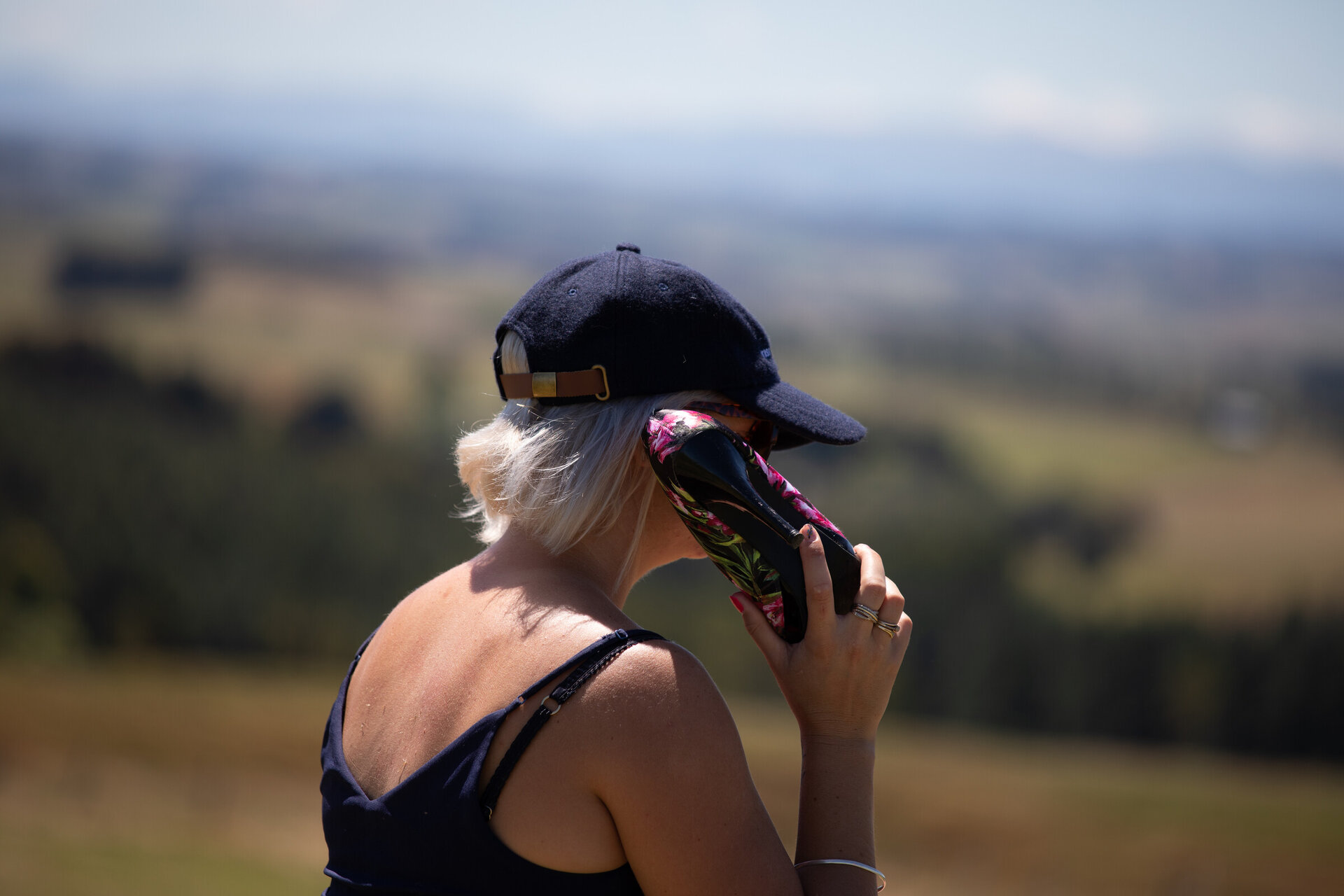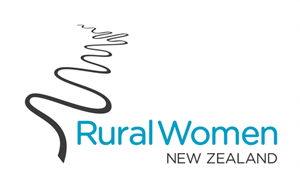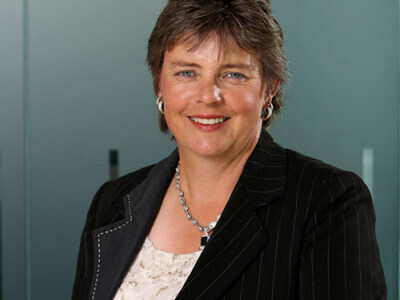Rural Women New Zealand (RWNZ) has been an authoritative voice in rural communities since its beginnings in 1925. Its aim is to strengthen rural communities, and it is very proud of what it has achieved.
For over 90 years RWNZ has been working with families living in rural communities to overcome isolation, have access to education, health services and support for social issues and environmental concerns.
The social support network of RWNZ is seen as a key benefit for members. Through our branches members are able to connect and network with other women and families within their local communities and the wider region. It also means that there is someone there to help in times of need, and that people are looking out for each other.
Over the years rural industries have evolved, but issues remain the same such as isolation. In the early years, people lived at the end of a dirt road with no neighbours, no phone, and town a long distance away. These days isolation takes other forms, with many families moving into areas where they do not have the support of family or friends or move frequently with share-milking or contract roles.
Living in remote areas can be very tough, especially if women are at home alone with young children who do not yet attend school and the family do not have other community links. RWNZ members can help by visiting isolated residents or hosting group activities so rural women can meet up and socialise. RWNZ branches offer opportunities to develop knowledge in leadership and fundraising and learning opportunities for develop member’s skills and confidence.
The annual Enterprising Rural Women Awards is our showcase for the success of women operating businesses in rural locations and contributing to their local economy. The competition promotes entrepreneurship and innovation. The award winners range from physiotherapists, orchardists, and magazine editors to tourist adventure operators from rural areas throughout New Zealand.
Rural connectivity has always been a major issue, firstly with mail delivery, then landline phone services and more recently mobile phone and internet broadband services. RWNZ is a very strong voice in ensuring access to services for rural communities. Connectivity is an important part of breaking isolation for children’s education, and attracting people to work on farms in remote communities and keeping them there.
Equity of access to schools and further education is important for rural areas, as schools are often the hub for the local community. Rural schools and educational organisations such as Te Kura -The Correspondence School provide equitable education options for students. RWNZ provides bursaries and scholarships for secondary school boarding students to help with living costs away from home.
Often our rural communities come under huge pressures, through the removal and centralisation of what is seen by the communities as essential services, schools, banks, health services. Losing services results in people travelling long distances often at high cost - as no public transport is available. This makes the areas less attractive particularly for young families and the elderly.
As a result of the decline in commercial services in rural areas, there is a belief that rural communities are dying out and we have to accept that. However, I certainly do not agree, as would many people who live in thriving rural areas.
I believe we need to promote the value and the importance of rural communities to the New Zealand economy. Our primary production, including horticulture, services and support industries is a large part of our national income. Collectively the number of rural residents would be the size of one of New Zealand’s bigger cities, they need to be treated with the respect and equity that a large urban area is treated.
Adverse weather, natural disasters, poor seasons or low pay-outs are factors that impact on rural areas regularly. However we find that rural communities are resourceful, resilient and supportive, they will pull together and assist those who are in need of help. Looking after their neighbours and their families is of paramount importance. They have spent time without power, phones or access to their properties and are out there helping getting things running again, helping their neighbours or those worse off them themselves.
Rural communities have always been an integral part of New Zealand, we need to celebrate and support them and help them stay strong. We encourage people to connect with their community and find out what groups are established or perhaps there is an opportunity to start something yourself.
A group such as Rural Women New Zealand can help give women a social support network, both online and face-to- face, it also gives them an opportunity to voice concerns on issues they face, and an opportunity to grow themselves by offering learning opportunities. RWNZ is proud to be growing dynamic communities.
Fiona Gower is the National President of Rural Women NZ. She is from Port Waikato and has served several terms on the RWNZ National Council, including vice-president for the past year. Gower is also a trustee for the NZ Landcare Trust.




